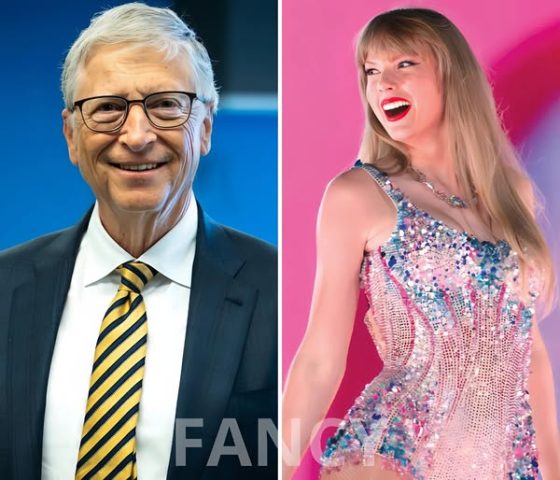
In a surprising development, Bill Gates has reportedly expressed his willingness to contribute $50 million to Taylor Swift, contingent upon her continued public support for Kamala Harris. This announcement has reverberated through both the political and entertainment spheres, igniting discussions regarding the intersection of celebrity influence and political endorsement. Bill Gates, co-founder of Microsoft and a prominent philanthropist, has long been a significant figure in both technology and humanitarian initiatives. His readiness to financially support Swift underscores the increasing trend of celebrities leveraging their platforms to shape political landscapes. Taylor Swift, known for her outspoken political views and advocacy on various social issues, has amassed a substantial following, establishing herself as an influential figure in contemporary culture.
The proposed $50 million donation represents more than just a personal endorsement; it signifies a broader strategy where financial backing could enhance Harris’s political campaign. With the 2024 elections on the horizon, the stakes are higher than ever, and endorsements from high-profile individuals like Swift could significantly influence public opinion and voter turnout. Gates’s statement highlights the vital role that celebrity endorsements play in modern politics. Furthermore, this news prompts inquiries into the responsibilities of celebrities regarding their endorsements and the implications of financial support in political campaigns. While some may perceive this as a beneficial collaboration to promote progressive policies, others might view it as a concerning convergence of wealth, influence, and politics. As the situation develops, it will be intriguing to see how Taylor Swift responds to Gates’s proposal and how this relationship may affect her career and political involvement. The ramifications of such an endorsement could redefine not only the political landscape but also the dynamics of celebrity engagement in political discourse.





